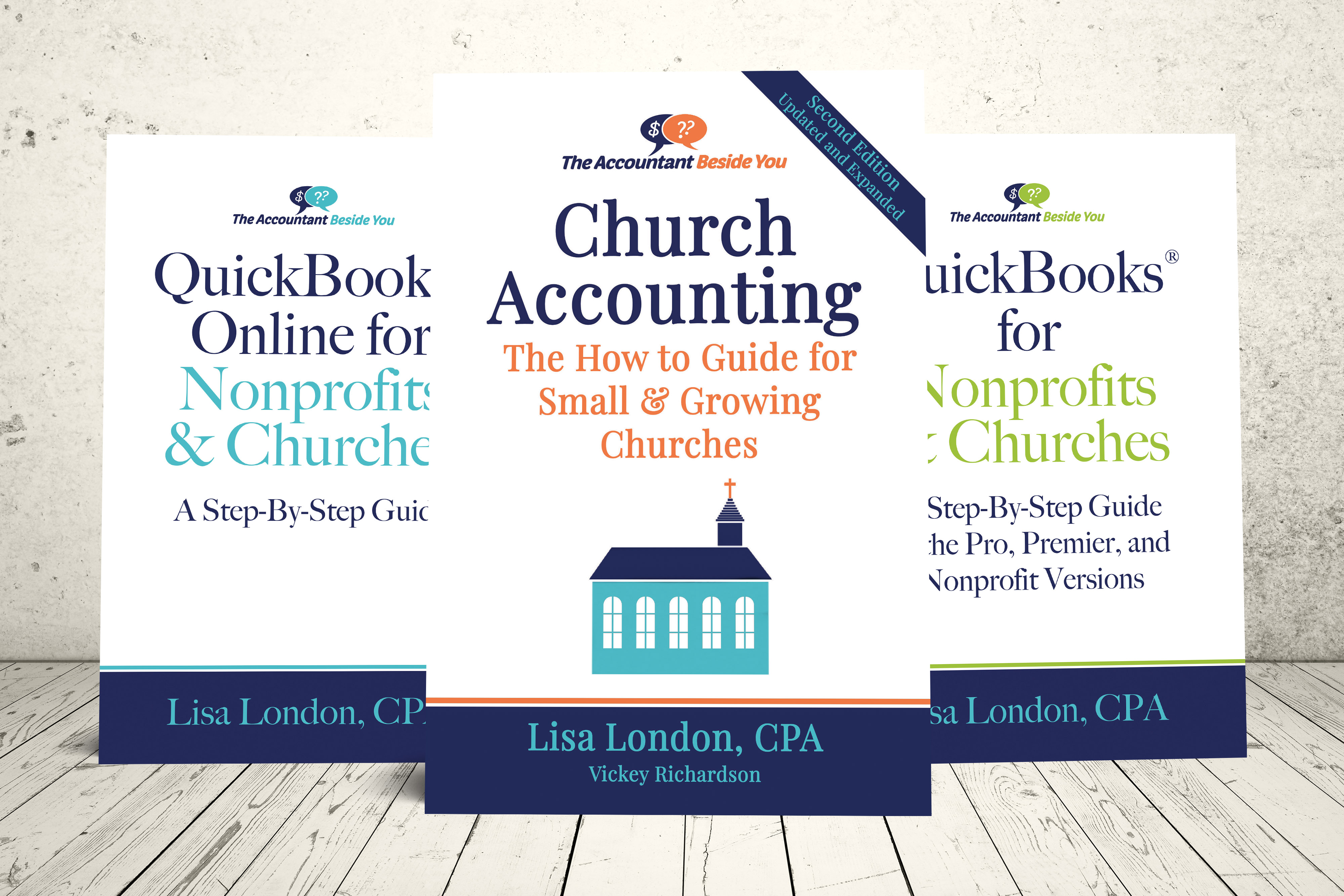Legal Question about fund accounting
by Chuck
(Mt.Morris,MI)
Is it illegal for a church to use money from another fund temporarily.For example,our church's general fund is out of money,but we still have money in our checking account.So instead of not spending,I am paying the bills and showing a negative number for the general fund balance.Someone told us that this was a criminal offense.
Know the answer? Face the same situation? Please post your answer or comment by using the "comment" link below. Thank you! Also see others comments about this issue.



